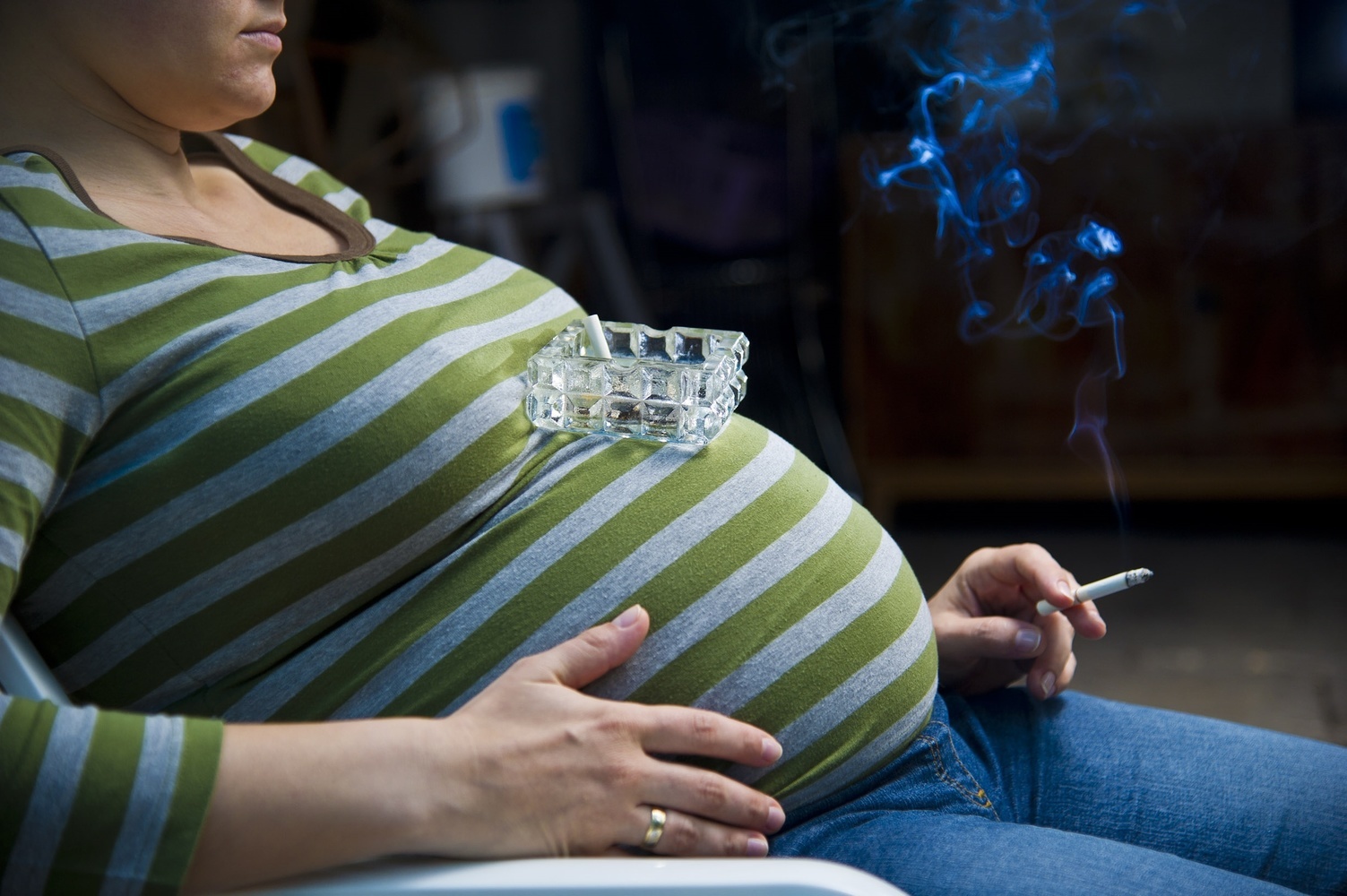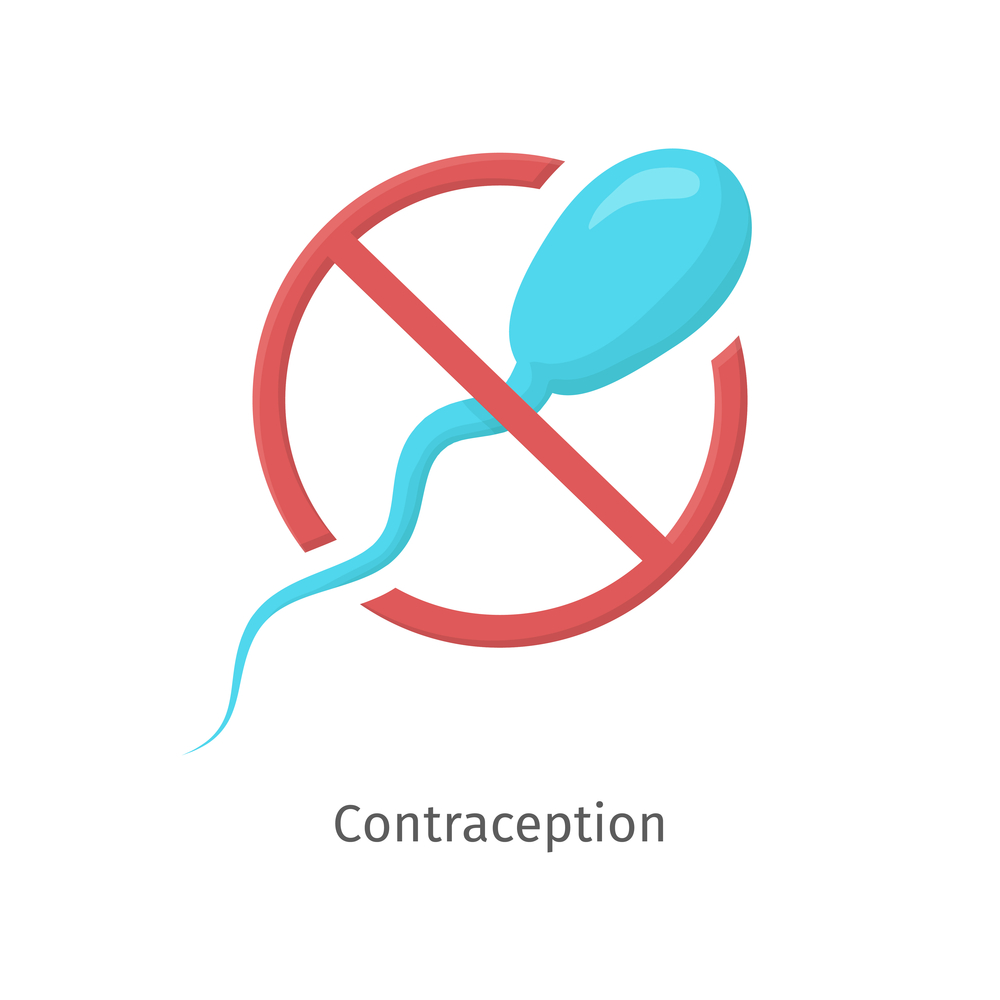Major Health Risks of Smoking When Expecting
Discover the serious health risks of smoking during pregnancy, including miscarriage, placental issues, preterm birth, and birth defects. Quitting smoking is vital to safeguard maternal and fetal health. This article highlights the importance of cessation and provides insights into potential complications that can be life-threatening or cause lifelong health problems for the baby.

Major Health Risks of Smoking When Expecting
Critical health dangers of smoking during pregnancy
Smoking and pregnancy rarely go hand in hand, but smoking while pregnant poses severe risks to both mother and baby. Cigarettes contain harmful chemicals such as nicotine, tar, and carbon monoxide, which can interfere with normal pregnancy progress. The likelihood of complications increases significantly, some of which can threaten lives. For women planning to conceive, quitting smoking should be a top priority as it can also be a barrier to conception.
Exposure to smoking, even in early pregnancy, harms the developing fetus. Both male and female smokers face doubled risks of fertility issues compared to non-smokers. Secondhand smoke is equally dangerous during pregnancy, increasing risks for the unborn child.
The dangers extend to the first trimester, affecting fetal development from early stages. Smokers or those exposed to secondhand smoke are more prone to miscarriage and stillbirths. The toxic substances in cigarettes are linked to placental problems and slow fetal growth, increasing the risk of pregnancy loss.
Placental separation risk
The placenta nourishes the fetus with oxygen and nutrients. Smoking can cause placental abruption, where the placenta detaches prematurely, leading to dangerous bleeding and threatening both mother and baby. Urgent medical attention is vital since reattachment is impossible, but prompt care can improve outcomes.
Early birth danger
Smoking increases the chance of preterm delivery, which can lead to lifelong disabilities, sensory impairments, and behavioral issues. The earlier a baby is born, the higher the chances of health complications.
Fallopian tube contractions and ectopic pregnancy
Nicotine can induce contractions in the fallopian tubes, blocking embryo passage and possibly causing an ectopic pregnancy. This condition, where the embryo implants outside the uterus, requires immediate removal to prevent maternal risks.
Increased birth defect risk
Smoking during pregnancy raises the likelihood of congenital anomalies, including heart defects, cleft lip, and cleft palate. These conditions can have long-lasting impacts on the child's health. Despite awareness of these risks, many women find it challenging to quit smoking.
Seeking professional help, joining support groups, or exploring resources is recommended to stop smoking and prevent these dangerous pregnancy complications.









